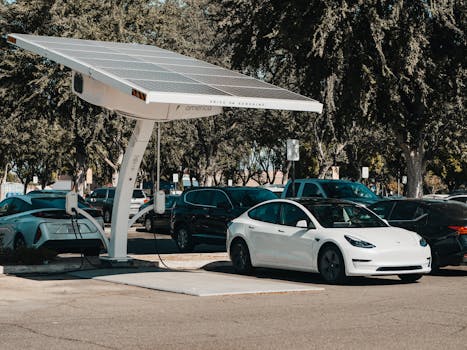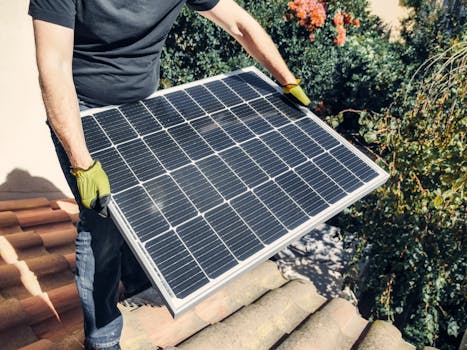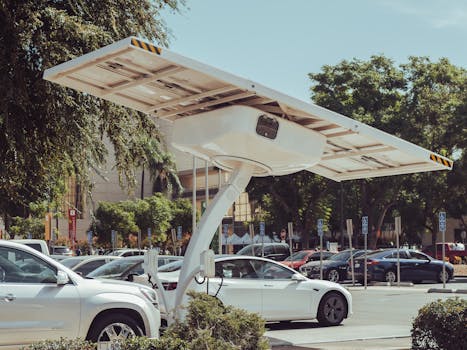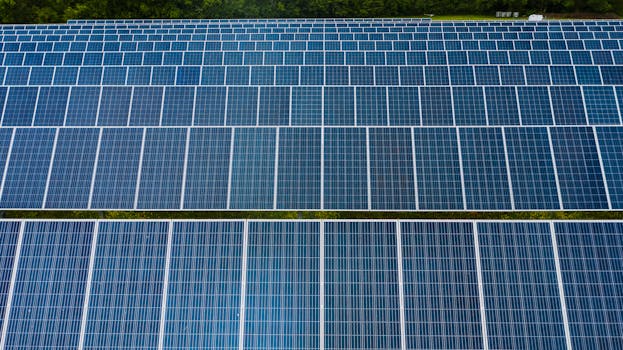
Sustainable Living: Emerging Trends for 2025
Sustainable living is becoming increasingly important as the world grapples with the challenges of climate change, pollution, and resource depletion. As we move into 2025, several emerging trends are expected to shape the way we live, work, and interact with the environment. Sustainable living is at the forefront of these trends, with individuals, businesses, and governments seeking to reduce their ecological footprint and promote a more regenerative and circular economy.
Renewable Energy and Energy Efficiency

Renewable energy sources, such as solar and wind power, are becoming increasingly cost-competitive with fossil fuels, driving a shift towards cleaner and more sustainable energy production. Energy efficiency measures, such as smart grids and green buildings, are also gaining traction, reducing energy consumption and greenhouse gas emissions.
Zero Waste and Circular Economy

The zero waste movement is gaining momentum, with individuals and businesses adopting practices such as reducing, reusing, and recycling. The circular economy, which aims to keep resources in use for as long as possible, is also becoming more prevalent, with companies designing products and services that are restorative and regenerative by design.
Sustainable Transportation and Infrastructure

Electric and hybrid vehicles are becoming increasingly popular, reducing dependence on fossil fuels and decreasing air pollution. Sustainable transportation infrastructure, such as bike-friendly cities and green roofs, is also being developed, promoting more environmentally friendly modes of transportation and reducing urban heat islands.
Climate Change and Resilience

Climate change is one of the most pressing issues of our time, with rising temperatures, more frequent natural disasters, and changing weather patterns. Building resilience and adapting to climate change is critical, with strategies such as climate-resilient infrastructure, climate-smart agriculture, and ecosystem-based adaptation becoming more important.
Conclusion

In conclusion, sustainable living is a critical aspect of our daily lives, and emerging trends in 2025 will shape the way we interact with the environment. By adopting renewable energy sources, reducing waste, promoting sustainable transportation, and building resilience to climate change, we can create a more regenerative and circular economy, reducing our ecological footprint and promoting a healthier planet for future generations.



